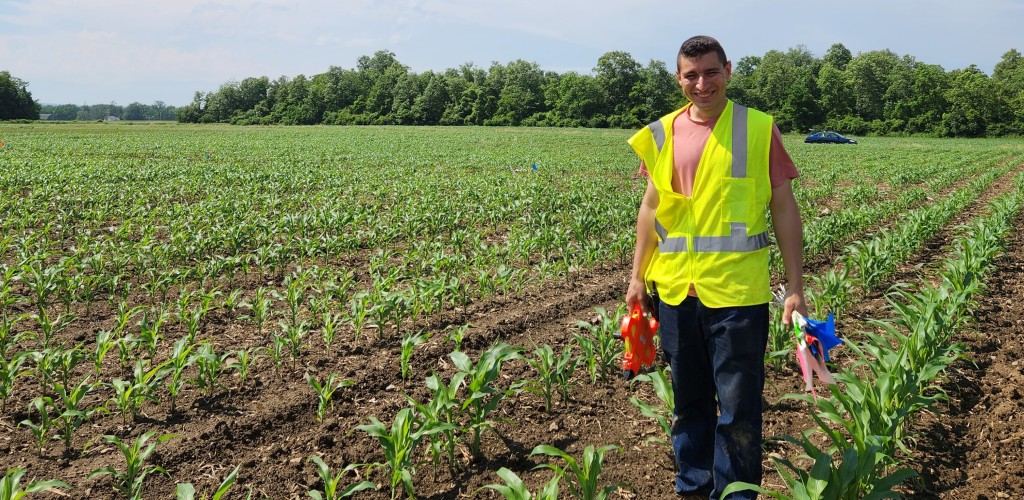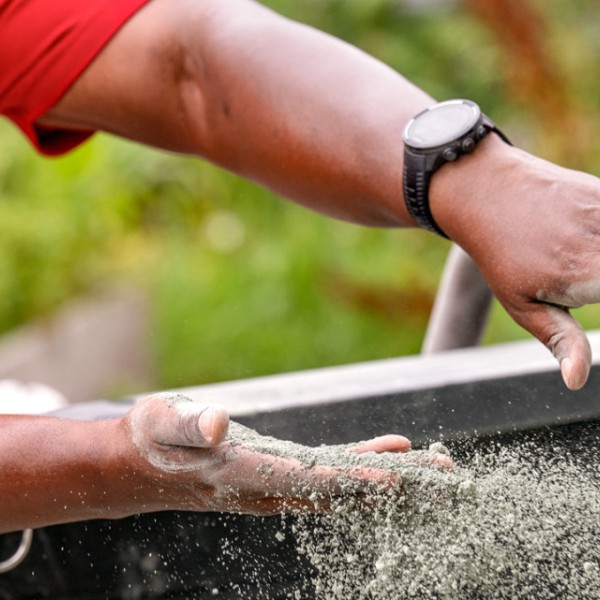Sustainable Management of Agricultural Systems (SuMAS) is a joint project between Cornell University and the University of Puerto Rico at Mayagüez. SuMAS gives student interns the opportunity to learn new skills at Cornell which they can apply to natural resource management and agriculture in Puerto Rico. Read on to learn more about the program and to hear from one of the student interns, Sadiel Andres Negrón.
The program’s summer internship is led by Maricelis Acevedo, research professor of global development, who focuses on pairing selected students with Cornell faculty, coordinating field visits across New York state and educational and professional development activities, and facilitating an experiential learning process. David Sotomayor, professor of soil science at the University of Puerto Rico, leads the program in Puerto Rico which selects students and prepares them for their internships.
Funded by the United States Department of Agriculture, National Institute of Food and Agriculture (USDA-NIFA) Hispanic Serving Institutions (HSI) Education Grants Program, this competitive program allows students to explore many fields revolving around sustainable crop, livestock and resource management.
Negrón is graduating with his bachelor’s degree in agronomy at the University of Puerto Rico Mayagüez and will embark on a master’s degree program next year. As part of his degree program, he was expected to spend at least one summer working in the field. He found the SuMAS program intriguing, so he applied and soon made his way to Cornell.
We sat down with Negrón, to hear more about his experience as an intern with the program.







